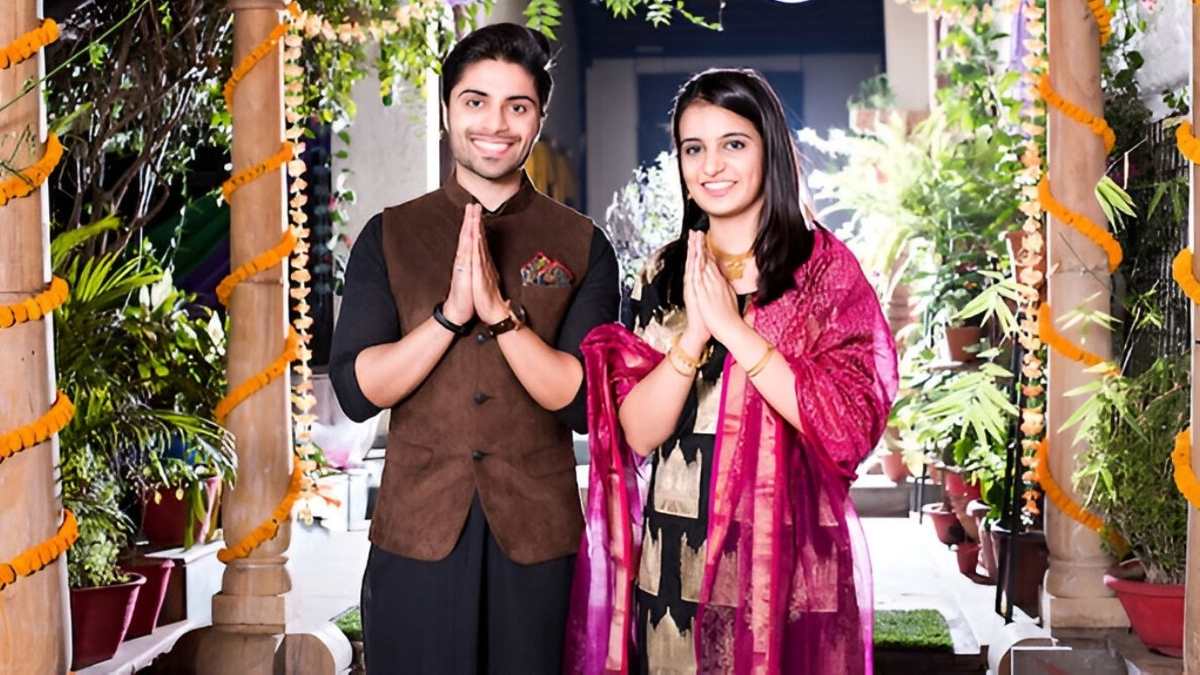
Marriage is often considered one of the most significant events in a person’s life, and in many cultures, it’s celebrated as a sacred bond. In India, marriage holds an especially central role due to its deep cultural roots. Over the years, the process of finding a suitable match has evolved, with traditional matchmaking services being joined by modern approaches such as matrimonial websites and apps.
1. Traditional Matchmaking vs. Modern Methods
Traditionally, Indian marriages have been arranged through a matchmaking process rooted in family and community. Parents, relatives, or trusted elders would find a suitable match for a person, usually based on factors such as caste, religion, social status, and family background. These matches were often seen as a reflection of one’s family’s reputation and values. While love marriages were still an option, the societal pressure to follow traditional matchmaking was high.
2. Advantages of Matchmaking in Indian Marriages
Cultural Compatibility: One of the significant advantages of matchmaking in Indian marriages is that it ensures cultural compatibility. In a country as diverse as India, with a variety of languages, traditions, and values, matchmaking services often take cultural factors into account when suggesting potential matches.
Family Support: Matchmaking, particularly in India, is not just about the two individuals but also about their families. The involvement of families ensures a strong support system for the couple. Since the marriage is seen as the joining of two families, the emphasis on family involvement often leads to greater social acceptance and emotional backing.
Reduced Pressure on Individuals: Traditional matchmaking helps to take some of the pressure off individuals who might otherwise struggle to meet potential partners or navigate the complexities of dating. By having a matchmaker or a family member assist in finding a partner, individuals don’t have to go through the daunting task of dating or online interactions.
Long-Term Commitment: One key characteristic of Indian arranged marriages is the emphasis on long-term commitment. In many cases, couples might not immediately feel an intense romantic connection, but the foundation of mutual respect, compatibility, and shared values often ensures that they work through challenges together.
3. Matchmaking in Non-Indian Marriages
In many non-Indian cultures, the concept of matchmaking has been replaced by dating apps, social networks, and personal choice. However, even in these contexts, matchmaking still plays a role in fostering successful marriages. Services that cater to those seeking serious relationships often prioritize compatibility over casual dating.
Compatibility-Based Matching: Many dating apps today, both in India and abroad, emphasize compatibility. Matchmaking algorithms on these platforms use a combination of user preferences, interests, and values to suggest potential partners.
A More Informed Choice: Modern matchmaking services, whether traditional or online, provide individuals with a deeper understanding of their potential partners. By having clear insights into their prospective partner’s personality and lifestyle, individuals can make better decisions, which can contribute to a successful marriage.
Freedom of Choice and Control: One of the defining aspects of modern matchmaking is that it offers individuals more control over the selection of their partner. Unlike traditional matchmaking, where families hold the most influence, online platforms empower users to choose whom they want to connect with.
Global Reach: In non-Indian marriages, particularly in the West, people often marry outside their cultural and geographic circle. Online matchmaking services break down geographical boundaries, allowing people to meet others from diverse backgrounds.
4. Can Matchmaking Ensure Marriage Success?
While matchmaking services play a role in ensuring compatibility, they don’t guarantee marriage success. The key to a successful marriage, whether arranged or based on love, is the effort and commitment both partners put into making it work. Communication, understanding, mutual respect, and adaptability are critical components that influence the longevity and happiness of a relationship.
Matchmaking services may help in providing a good starting point, but they can’t predict how two people will evolve together over time. They do, however, offer a structured framework to help individuals meet potential partners who align with their core values, which can create a stable foundation for marriage.
The Blessings Matrimonials
The Blessings Matrimonials offers personalized and confidential matchmaking services, helping individuals find the perfect life partner. With a deep understanding of cultural values, family expectations, and personal preferences, we ensure that every match is tailored to your unique needs. Our expert team guides you through the entire process, providing support and advice to make your matrimonial journey smooth and successful. Trust us to help you find a meaningful connection.
Don’t miss: Why Are South Indian Marriages Simpler than North Indian Marriages?
Conclusion
In both Indian and non-Indian marriages, matchmaking offers a pathway for individuals to find compatible life partners based on shared values and preferences. Whether through traditional methods or modern digital platforms, matchmaking services reduce the uncertainty involved in finding a life partner by offering compatibility-focused solutions. However, for a marriage to be truly successful, it requires more than just compatibility—it requires effort, communication, and a willingness to grow together. In that sense, matchmaking services like “The Blessings Matrimonials” provide an essential first step, but the rest is up to the individuals involved to cultivate a successful marriage.